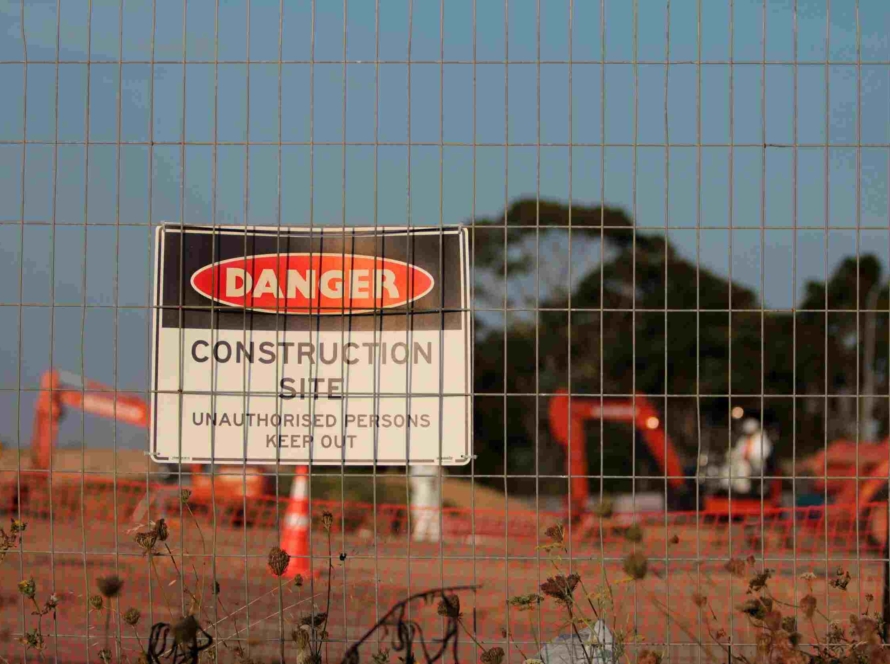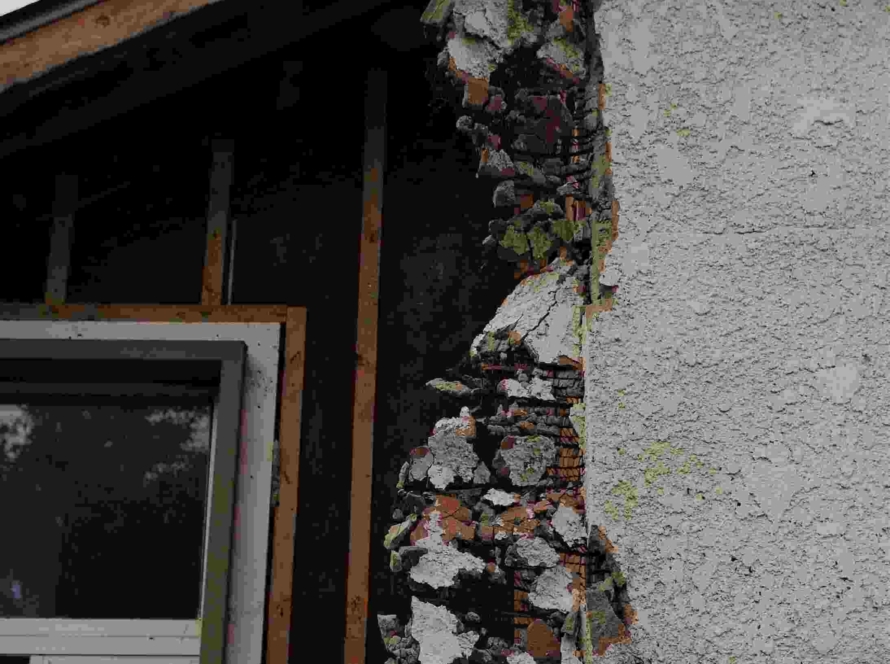When you invest in a property within a planned community or homeowners association (HOA), you not only gain the benefits of a well-maintained neighborhood but also become a part of a collective effort to protect your community’s integrity. Part of this responsibility involves addressing and preventing construction defects, which can significantly impact the value and quality of life within the community. In this blog post, we will explore the role of homeowner associations in dealing with construction defects in planned communities.
Understanding Planned Communities and HOAs
Planned communities, often including condominiums, townhouses, and single-family homes, are built around shared amenities, common areas, and a set of governing rules and regulations. These communities are typically managed by a homeowners association (HOA), a self-governed organization made up of homeowners who oversee and manage the shared aspects of the community.
The Role of HOAs in Construction Defects:
1. Maintenance and Repairs:
One of the fundamental responsibilities of an HOA is the maintenance of common areas and shared infrastructure. This includes identifying and addressing construction defects that may affect these areas, such as structural issues, landscaping problems, or damages to community facilities.
2. Legal Action and Dispute Resolution:
When construction defects arise, an HOA has the authority to take legal action on behalf of the community. This may involve filing claims against builders, developers, or contractors responsible for the defects. HOAs can also facilitate alternative dispute resolution methods, such as mediation or arbitration, to resolve issues without going to court.
3. Financial Planning:
HOAs manage the community’s finances, including setting budgets and collecting dues from homeowners. They should allocate funds for ongoing maintenance and reserve funds for potential construction defect repairs. Adequate financial planning is essential to address defects promptly.
4. Building Codes and Compliance:
HOAs enforce adherence to building codes, architectural guidelines, and community covenants. By doing so, they aim to prevent construction defects by ensuring that construction projects within the community meet industry standards and comply with community-specific rules.
5. Periodic Inspections:
Regular inspections of common areas and shared infrastructure are vital to detect construction defects early. HOAs may hire professional inspectors to identify potential problems and recommend necessary repairs or improvements.
6. Collaboration with Experts:
When dealing with complex construction defect issues, HOAs often collaborate with construction defect attorneys, engineers, and contractors who primarily practice in resolving such matters. These experts provide valuable guidance in identifying, addressing, and preventing construction defects.
Preventing Construction Defects:
Prevention is key to maintaining the quality of planned communities. HOAs play a pivotal role in preventing construction defects by:
- Vetting Builders and Contractors: HOAs should thoroughly research and select reputable builders and contractors with a history of quality work.
- Regular Review of Construction Projects: HOAs should closely monitor ongoing construction projects within the community to ensure compliance with building codes and community standards.
- Educating Homeowners: HOAs can educate homeowners on their roles in identifying and reporting construction defects. Encouraging vigilant homeowners can help detect problems early.
Homeowner associations play a crucial role in addressing and preventing construction defects in planned communities. By overseeing maintenance, managing finances, taking legal action when necessary, and focusing on prevention, HOAs safeguard the value and livability of these communities. Homeowners who actively engage with their HOAs can help ensure that their planned community remains a desirable and defect-free place to call home.


